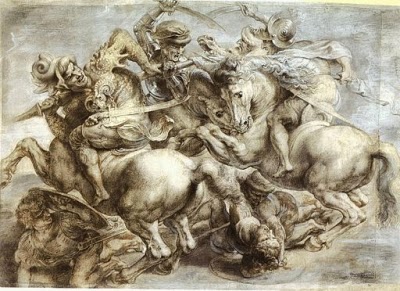Isaiah 14, Part Four: Pride and Arrogance

Isaiah 14, Part Four: Pride and Arrogance Israel had been besieged by Babylonia. Jerusalem was sacked and its population killed or exiled to Babylon (Daniel 1). Babylonia itself was then besieged and conquered by the Medes. (Daniel 5:3). The final king of Babylonia, Belshazzar, proclaimed five instances of "I will...": I will ascend to heaven; Above the stars of God I will set my throne on high; I will sit on the mount of assembly in the far reaches of the north; I will ascend above the heights of the clouds; I will make myself like the Most High. (Isaiah 14:13-14 ESV) STARS: kokab "ko-KAWB" (a star, as round or shining); probably from kabbon (hilly, as heaped up) or from kawa (to prick or penetrate; to blister, as smarting or eating into) MOUNT OF ASSEMBLY: har mo'ed "har mo-ADE" (a mountain or range of hills of an appointment; a fixed time or season; a festival; a year; an assembly; the congregation; the place of meeting; a signal); ...



